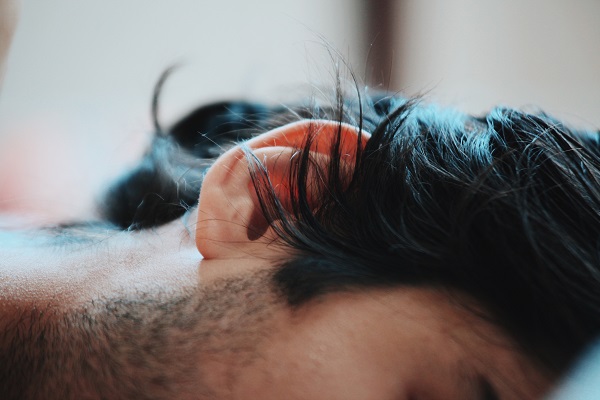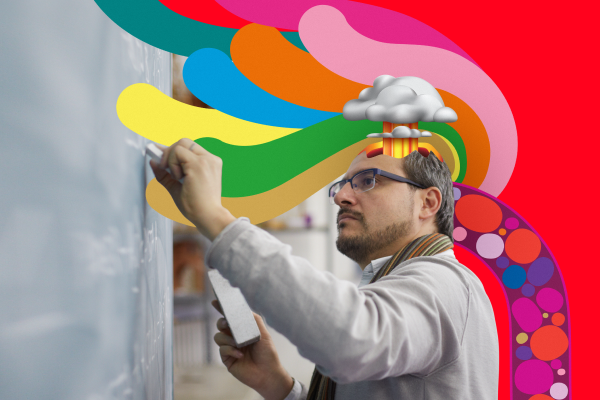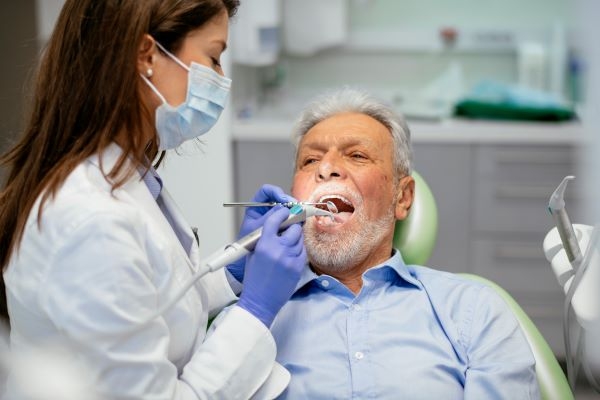-
The humble ear plays such an important part in our lives. Just imagine life without music or the sound of your loved ones’ voices? But many of us don’t realise we might be doing our ears more harm than good when we reach for the cotton ear buds.
And not just because you could potentially push it in too far and perforate an ear drum.
Self-cleaning ears
It might surprise some people to find out that ears are generally self-cleaning. Ear wax, technically called cerumen, is produced to protect your ears by lubricating the ear canal, trapping dirt, dust and bacteria, and transporting it out of the ear canal. Typically the wax then dries and falls out without you even noticing it.
Ear wax is produced by tiny glands in the outer third of the ear canal. When you stick something into the ear to clean it, like a cotton bud for instance, you can potentially push the wax back down the ear canal towards the ear drum compacting the ear wax, which can impair your hearing and lead to infections.
What about ear candling?
There is some conjecture around exactly how ear candling works. One theory is that the warmed air meets the cooler air and creates a vacuum that draws wax and bacteria out of the ear.
So is it effective? There is no evidence that ear candles are an effective treatment for any condition, and are in fact associated with considerable risk.
In summary
The golden rule is to leave your ears to clean themselves.
If you do suffer from excess wax build up for whatever reason, try using a warm wash cloth or the home remedy of putting 2-3 drops of baby or mineral oil into the ear to help your ears to soften and expel wax. And as always, see your doctor if the symptoms persist.
Read more about caring for your eyes.
Are you cleaning your ears wrong?


Your brain is a supercomputer
Humans are incredible, so we’re celebrating the extraordinary in what is often seen as ordinary, starting with the human brain. It’s capable of the most remarkable feats, even if we don’t recognise them when they’re happening.
-
Do you need an electric toothbrush?
Which toothbrush scrubs up best?
-
Dietitian, nutritionist or naturopath: What’s the difference?
Who should you see for professional dietary advice?
-
5 ways to eat healthy while travelling
Come home feeling refreshed, fit and energised.
-
How often should you get your teeth cleaned?
We spoke to Medibank Members’ Choice Advantage dentist Dr Jonathan Cichero to find out.
-
Daily habits for good oral health
Do you really need to floss? Is an electric toothbrush better than a manual one? Find out which habits to make (and which ones to break) for better oral health.
-
How to conquer your fear of the dentist
Dr Merrilyn Hooley's tips for a less stressful dental appointment.
Subscribe to receive the best from Live Better every week. Healthy recipes, exercise tips and activities, offers and promotions – everything to help you eat, move and feel better.
By clicking sign up I understand and agree to Medibank's privacy policy





